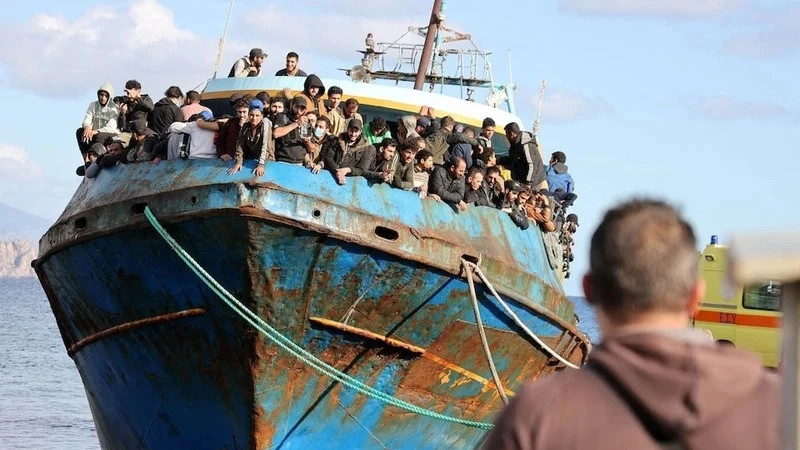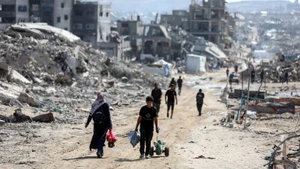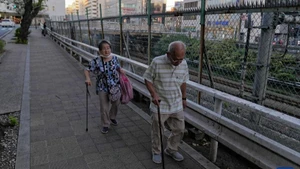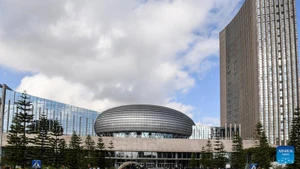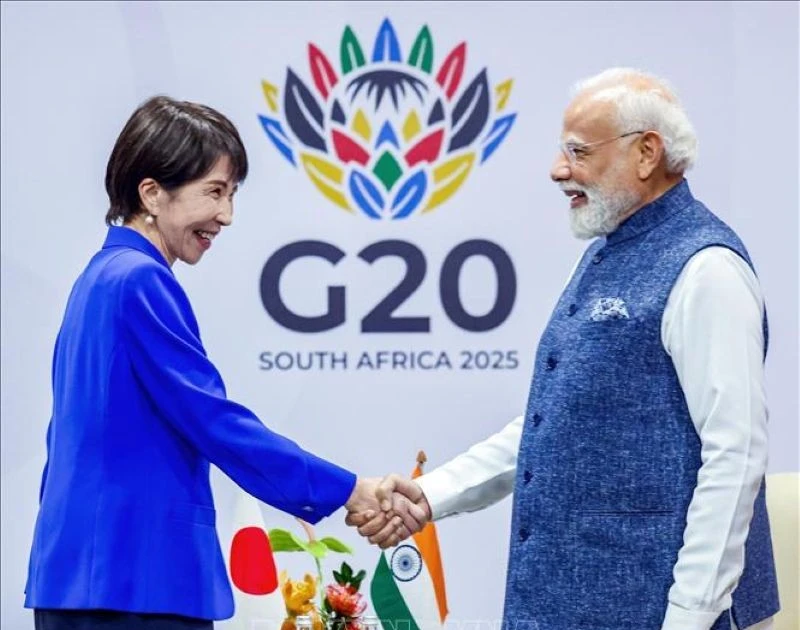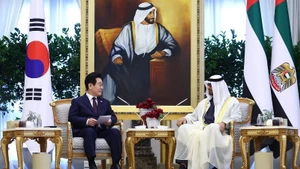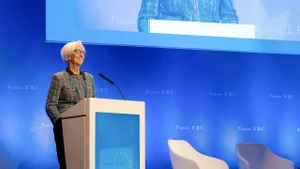In recent years, Mauritania has endured severe “climate shocks”, including extreme heat, drought, and flooding. During a visit to refugee camps in the Hodh Chargui region of southeastern Mauritania, UNHCR Goodwill Ambassador Theo James met refugees fleeing from conflict in Mali. Witnessing the conditions firsthand, James expressed concern that the refugees would be unable to sustain their lives without sufficient food, water, and shelter.
Similarly, to escape conflict, hundreds of thousands of Sudanese have crossed into neighbouring South Sudan. According to Grace Dorong, a South Sudanese climate activist, these refugees often find themselves in a situation of “out of the frying pan and into the fire” as they face harsh conditions caused by drought and flooding. Dorong noted that the climate crisis negatively impacts efforts to rebuild the lives of refugees in the region.
These observations were shared during the release of a UNHCR report on the sidelines of the 29th Conference of the Parties to the United Nations Framework Convention on Climate Change (COP29) in Baku, Azerbaijan. This is the UNHCR’s first report highlighting the connection between the climate crisis, conflict, and forced displacement.
The report identifies climate change as a key factor driving the global increase in displacement and worsening the already precarious situations of vulnerable populations. As of June 2024, of the more than 120 million people displaced due to conflict and violence worldwide, three-quarters reside in countries heavily affected by climate change, such as Ethiopia, Somalia, Syria, and Haiti.
Encapsulated in the report titled “No Escape: On the Frontlines of Climate Change, Conflict, and Displacement”, UNHCR’s message to COP29 sounded a clear alarm. The UNHCR urged the international community to protect and consider the perspectives of refugees and host nations in climate policymaking. Alongside COP29, the Refugees for Climate Action Network was launched as an initiative to amplify refugee voices within UNHCR activities and global climate agendas.
The initiative brings together refugees with expertise in areas such as solar energy, sustainable agriculture, nature conservation, and disaster prevention and response. Opira Bosco Okot, a participant in the initiative, emphasised that the network seeks to elevate refugee voices often overlooked in climate negotiations, enabling them to contribute to global efforts to protect the planet.
Through the report, the UNHCR also called on policymakers to ensure climate action funding reaches refugees and the host countries most severely affected. Filippo Grandi, UNHCR’s head, stressed the need to address inequities in climate finance allocation and to extend greater support to those most in need.
The UNHCR report predicts that the number of countries facing extreme climate events will rise sharply by 2040, with many being refugee-hosting nations. Grandi cautioned that while solutions are within reach, without adequate resources, international support, and urgent action, vulnerable populations will remain trapped on the “frontlines” of the global climate crisis.
